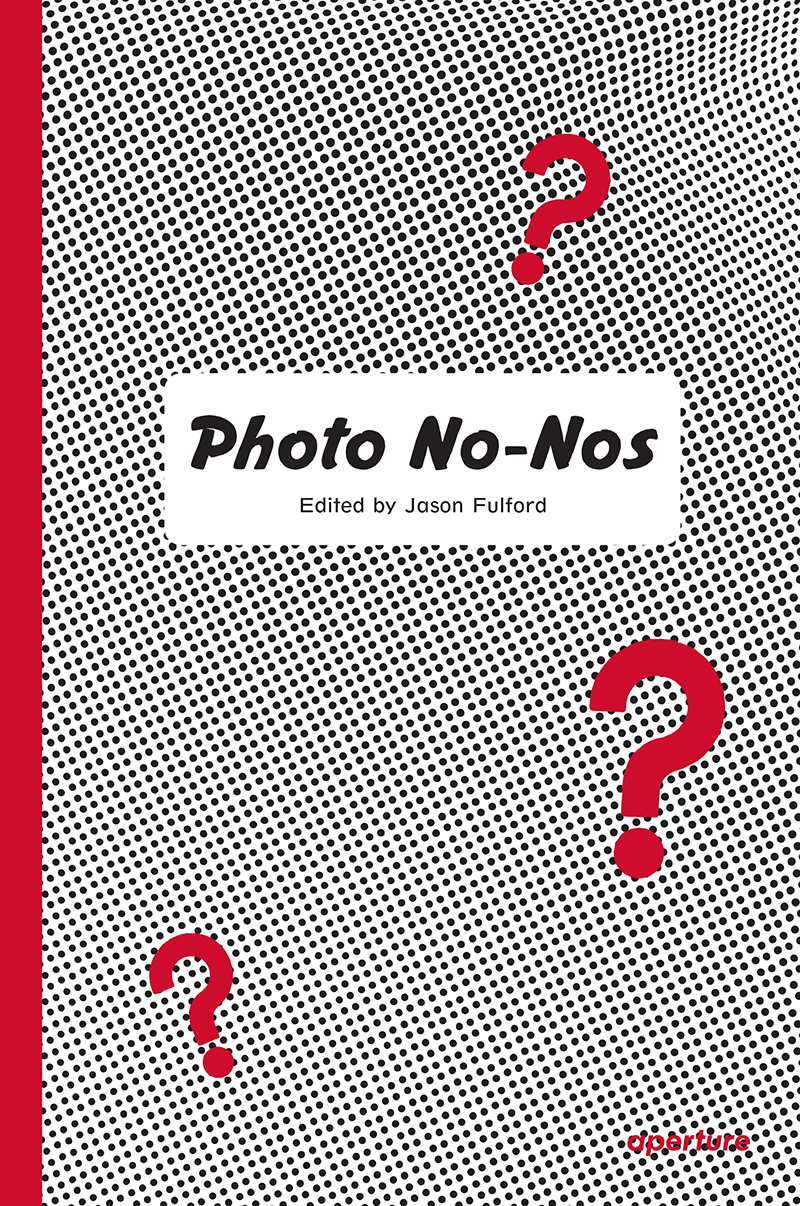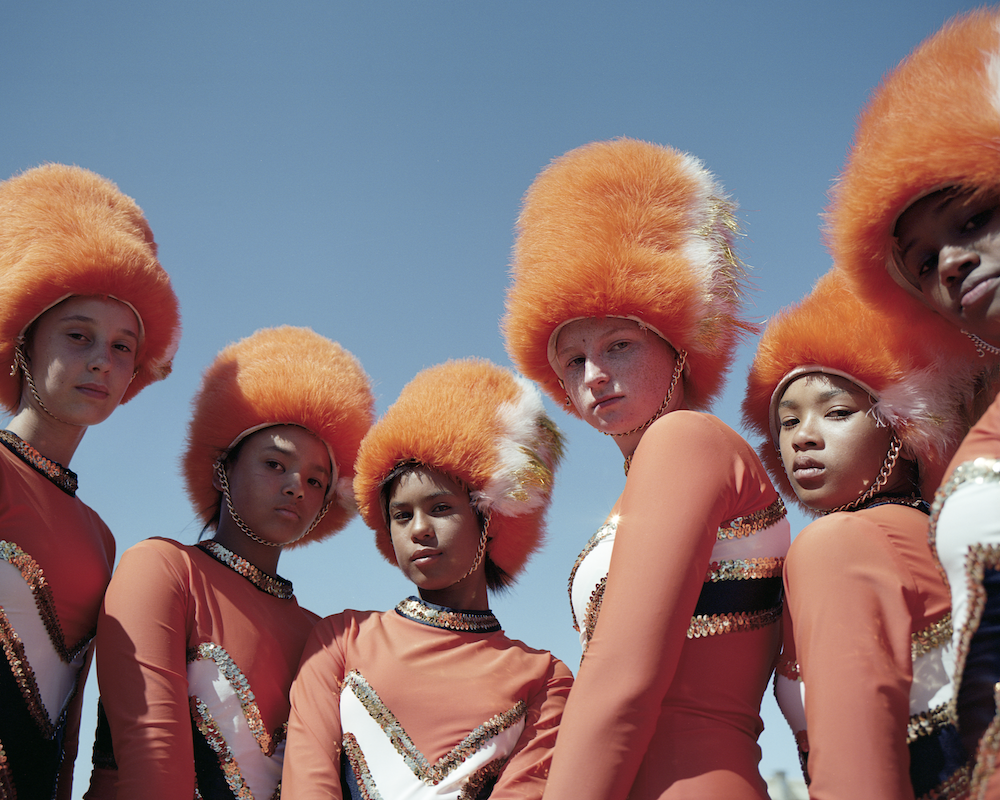
The ‘Rules’ of Photography
As we prepare our plans for Summer School, we're revisiting some of the Photo No-Nos of this great book. Do you have a favourite? Let us know!...
Moving between documentary, realism and conceptual art, Taryn Simon´s work resists classification, questions the neutrality of photography, and offers a critical view of the political, scientific, and institutional apparatus of control.
Born in New York in 1975, Taryn studied semiotics while simultaneously taking photography classes at the Rhode Island School of Design. In 2000, The New York Times magazine commissioned her to create a series of photographs of wrongly convicted men.
This work was the inspiration for The Innocents (2002), in which Taryn photographed the wrongfully convicted in re-enactments of the alleged crime scenes. In this series Taryn demonstrates the ability of photographs to blur truth and fiction, and influence memory: composite sketches and photographs were shown to witnesses who – through their identification – made innocent men into criminals by turning fiction into fact.
Taryn’s photographs are only a small part of a complex process of investigation and production. In An American Index of the Hidden and Unfamiliar (2007), this process took Taryn to the unimaginable places that form the foundations of American mythology, identity, and politics: nuclear warehouses with capsules submerged in water, large fields with corpses to study the processes of decomposition, a white tiger breeding ground. Charged with a surrealist atmosphere, her work is situated in the liminal space between fiction and reality, creating scenes that are both fascinating and disturbing. The text which accompanies her images becomes a fundamental component, avoiding ambiguity and giving the artist control over the interpretation of the work.
Even though the subjects Taryn photographs are varied and seemingly unrelated – individuals from different backgrounds, government facilities, birds, flower arrangements, and objects confiscated from airports – her work takes place in spaces where the hidden seams of reality are woven by invisible hands. In her own words, “reality has always been interpreted through layers of manipulation, abstraction and intervention”.

As we prepare our plans for Summer School, we're revisiting some of the Photo No-Nos of this great book. Do you have a favourite? Let us know!...

Collage showcases the work of sixty-four women in photography, all of whom have been shortlisted or nominated for the Prix Pictet award....

One of Britain’s leading women photographers unveils large artwork on MASS MoCA grounds, North Adams, Massachusetts from June 26...